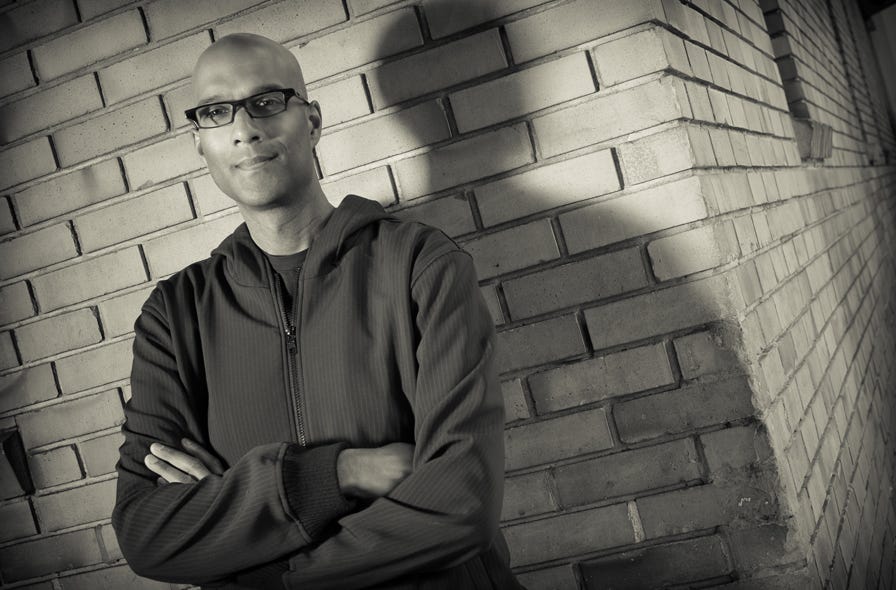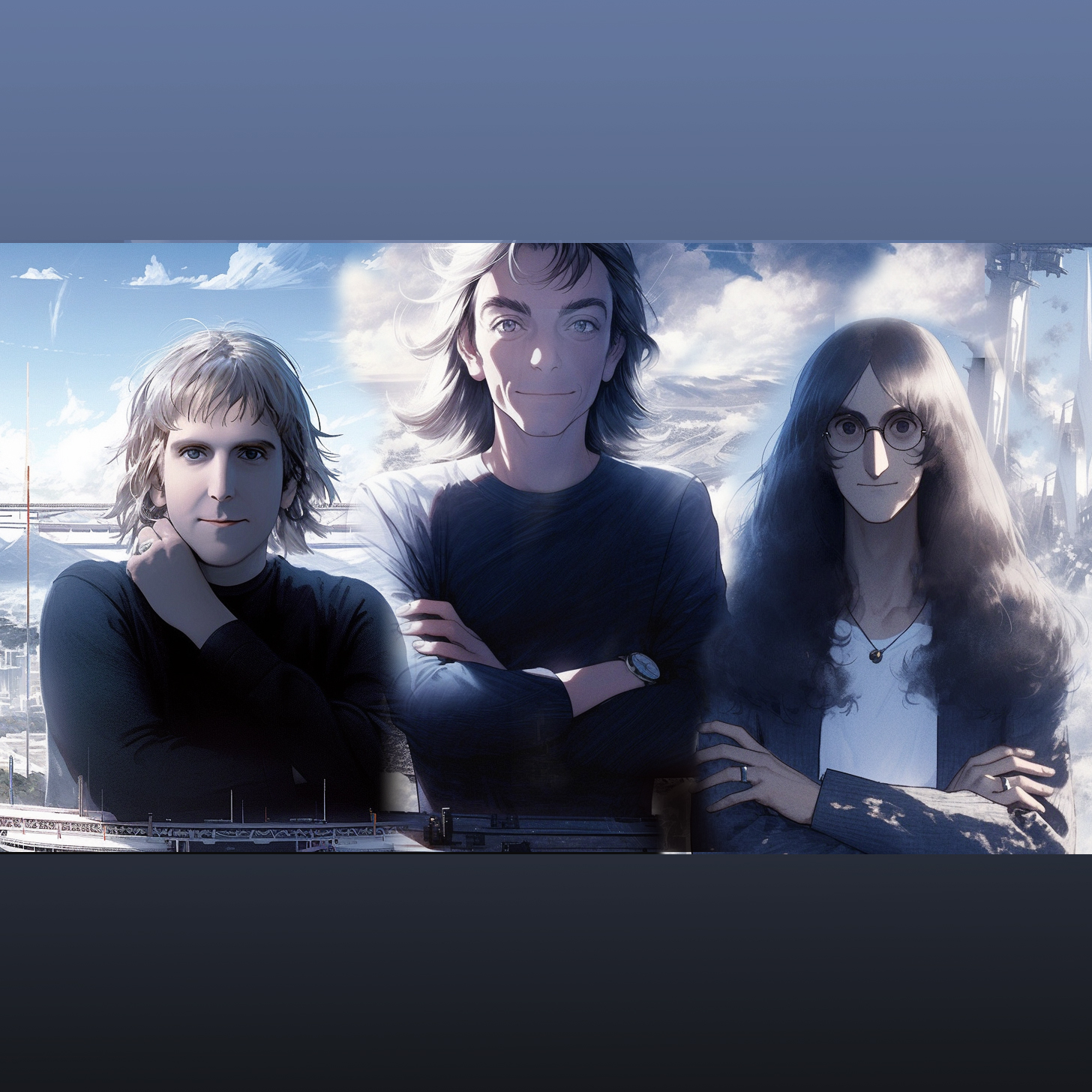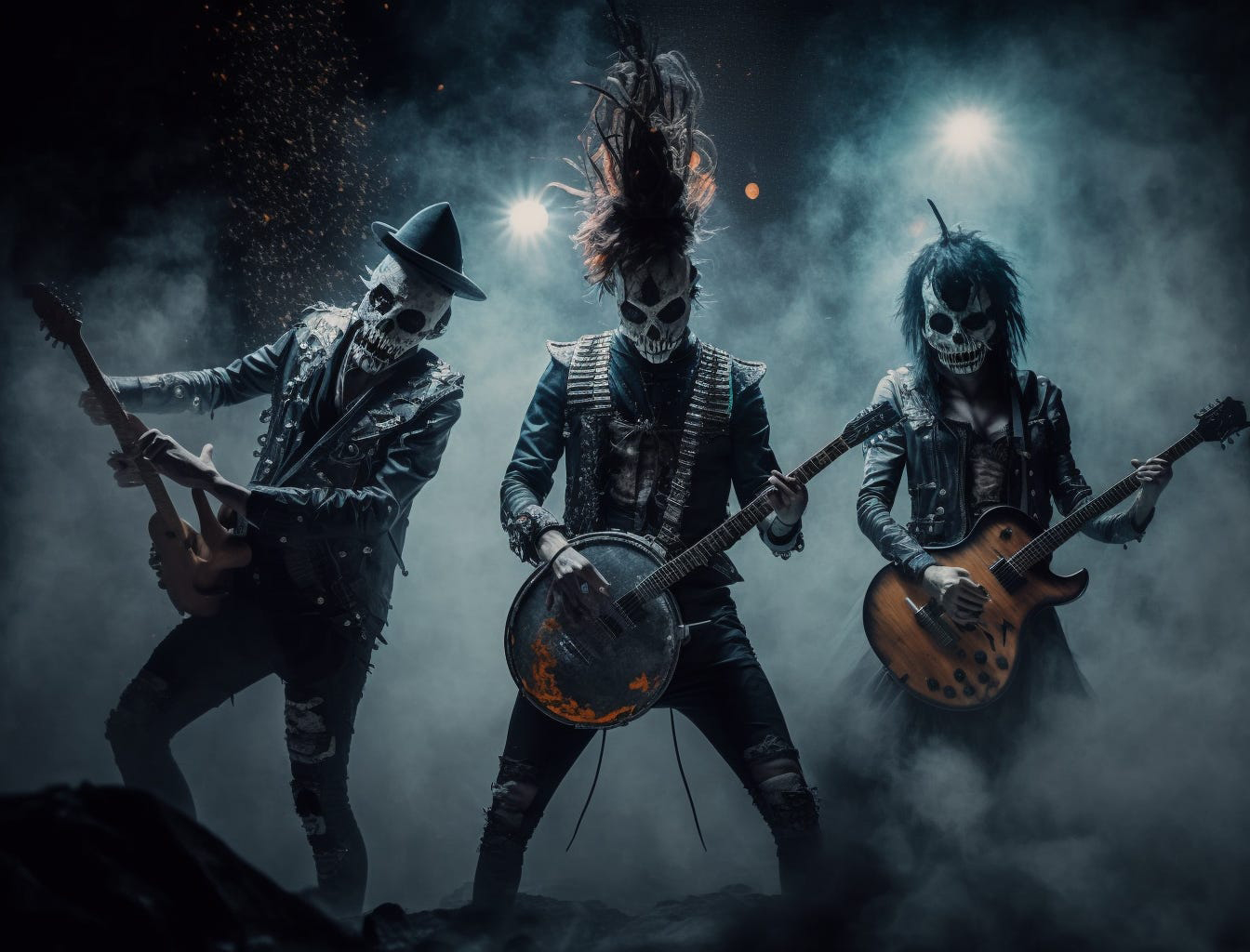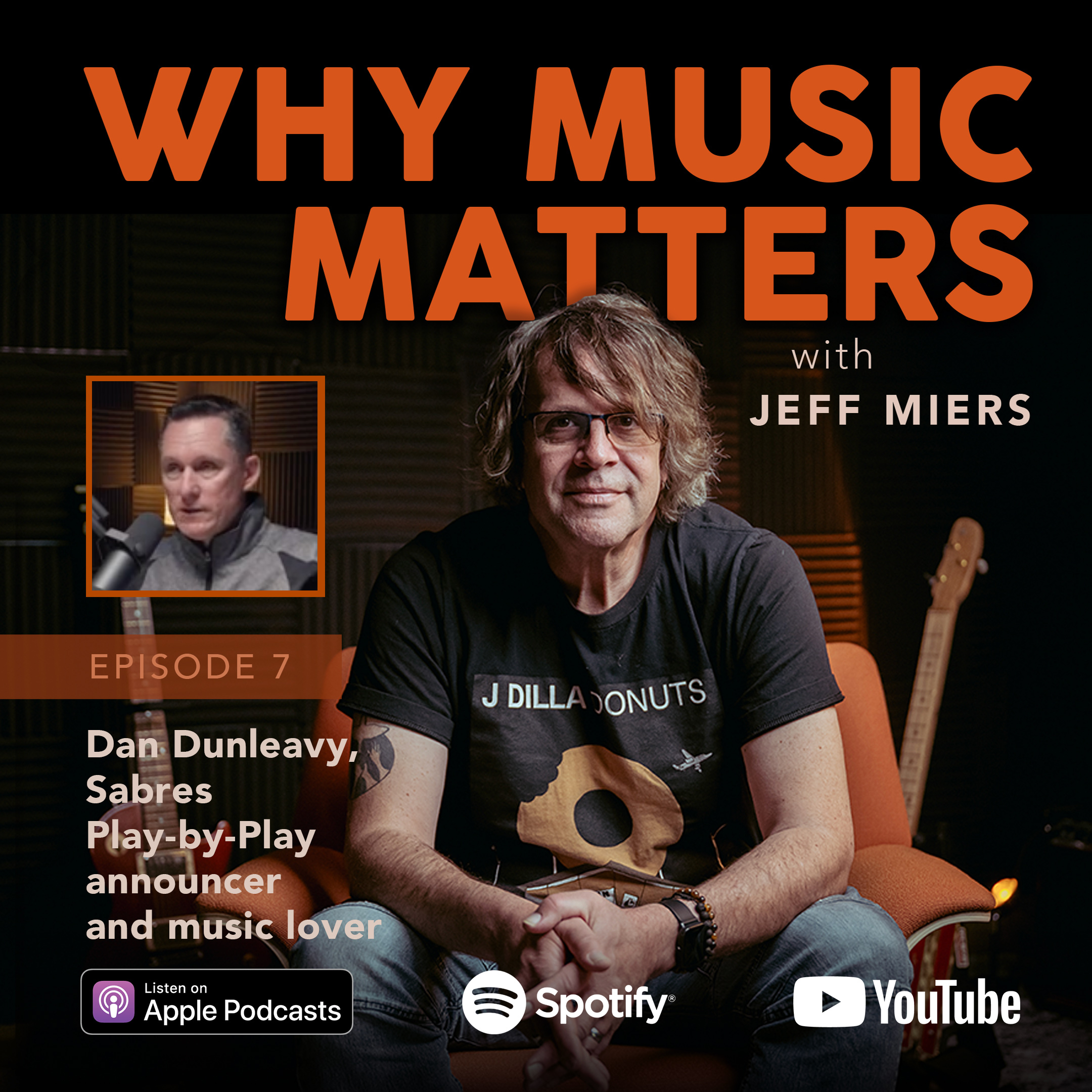A conversation with music journalist Anil Prasad
Rush saved my life
40 years of memories from the world’s most devout fans
By Jeff Miers
Chapter 5:
‘It was about standing out from the crowd and being an individual’
Anil Prasad, Music Journalist (Innerviews.org)
On November 14, 1987, Anil Prasad travelled 50 miles south from his home in Ontario, Canada, to the Memorial Auditorium in Buffalo, NY, to catch his very first Rush concert.
On the same date, I travelled 50 miles northeast from Fredonia, NY, where I was attending college at SUNY Fredonia, to the same venue, to catch my 6th Rush gig. This marked the first time I set foot in Buffalo, a city that I’ve now called home for more than 30 years.
Prasad and I didn’t know each other, and as far as I know, didn’t encounter each other at the concert. But in the time since, I’ve come to know him as one of the most insightful and incisive music journalists of the past several decades, a writer and a thinker who has had a deep and impactful influence on my own approach to a life spent writing (and thinking) about music.
It strikes me as very ‘Rush-like’ that Prasad and I were drawn to the same concert, by the same band, for the same reasons, and would ultimately choose the same career path. It’s fair to say that we both found something in the way Rush approached its music with an unflagging sense of integrity, a commitment to fearless exploration, and an unflinching desire for both personal and collective growth, that made a deep impression on how we would experience music going forward.
Tell me about your first exposure to Rush. Who turned you on to them? What was the first Rush music you heard, and how did you react?

“Rush was flowing through my veins since I was 11 years old, growing up in Toronto. Moving Pictures had just been released in February 1981 and the album and its key tracks, like ‘Tom Sawyer’ and ‘Red Barchetta,’ were simply a part of the country’s collective atmosphere. Rush was one of the few examples in my life of a band achieving super-saturation radio status in a country, while also being absolutely outrageously brilliant. To this day, it blows my mind that music that complex and ambitious could have ever been so popular.
“Rush was the subject of endless playground conversation. Def Leppard, Iron Maiden, Ozzy Osbourne, and Van Halen tended to be the super-popular acts of the era, but Rush was right there too, sticking out like the oddball it was—literate, thoughtful and well-constructed music that stood apart. I think those of us who gravitated more to the Rush camp thought we were also the more literate, thoughtful ones, as kids. We also tended to be the nerdiest kids. And yet, we were able to be both nerdy and just slightly cool simultaneously, because of Rush.
“The first song was the same first song that introduced my generation to the band: ‘Tom Sawyer.’ It was incredibly melodically memorable, and yet had such provocative lyrics. It was referencing a classic piece of literature we were forced to read as kids, but it was also about rebellion and creating a place for yourself in the world. It was about standing out from the crowd and being an individual—subject matter Rush often subsequently explored in the next few decades.
“I reacted to ‘Tom Sawyer’ with total fascination. It’s a building block for how I would come to understand music. A rock song didn’t have to be predictable. It could make you think. It could take you on a journey. It could empower you. I think the kid version of me back then understood all of this and embraced it.
Tell me about your first Rush show. When and where was it? What tour was it a part of? Did it live up to your expectations? Did it transcend your expectations?
“My first Rush show was November 14, 1987, in Buffalo, New York, at Memorial Auditorium, during the Hold Your Fire tour. I had moved to another Canadian city by the time I was gig-going age, so it was easier to get to Buffalo than it was to Toronto. Of course, I was completely blown away by the entire experience. And not just the music.
“The crowd was incredible. When we were first seated, for about 20 minutes, people were walking around the venue in a circle on the floor with giant Rush tapestries, artwork and posters. It was like a giant mobile art show. The devotion to the band was fascinating. It was more a community of 20,000 fans than a concert.
“Things are so different today in that the concert experience is more about solipsism, entitlement and selfishness. Back then, it was clearly about electricity traveling through and being embraced by the entire collective.
“For 1987, it was a state-of-the-art light and multimedia show. Lots of exacting visual cues and tons of humor. The band were at the top of their game. Pure precision and energy from start to finish. Since I love the band’s ‘80s output and consider it the apex of their recordings, the fact that the show was so focused on that period suited me very well.
“Neil Peart’s drum solo, now incorporating jazz elements, was nothing short of a revelation. Geddy Lee held down the bottom line with all of the amazing ornamentation he brings to what he does. Alex Lifeson’s searing guitar and mercurial solos were mind-blowing. It was far more than the 17-year-old version of me could have ever imagined a concert experience being.
“I was extremely happy that both a live album and video came out of that tour, further cementing the experience for me. From that point onwards, I never missed a Rush tour, right through to R40.”
Why do you think Rush fans are so loyal? What makes the band so special?
“There was nothing like Rush and there never will be again. It was more than a band, it was a community of like-minded souls, searching for a connection that transcended day-to-day interaction. Everyone at a Rush show had something in common, including and beyond the music. It didn’t matter what your race, sex or economic status was. You had that Rush gene—the one that let you appreciate this raging cauldron of musical and lyrical complexity and intrigue.
“The majority of Rush albums range anywhere from very good to outrageously brilliant. Their track record spoke for itself. It was very rare you’d be disappointed with their output. The consistency was stunning. I don’t think there’s been any band in history with such a high percentage of excellent albums in its catalog. That’s another reason for the loyalty—you always knew there was something great to look forward to.”
What does Rush mean to you? Are they merely a great band with outstanding musicianship and intelligent, insightful lyrics? Or do they represent something more – something deeper, something that’s bigger than music?
“They represent something far bigger than music for listeners willing to go deep. Neil Peart was the most advanced, literate and detailed lyricist in the history of rock music. Some songs were almost history lessons in and of themselves. Some of them were the deepest social and societal observations. Some were about the deepest psychological trauma we all find ourselves in. Some were about transcending all of that and just getting your act together and moving forward. The songs were about a search for oneself, a search for a better world and a search for bigger answers. It’s also clear that Neil Peart was an atheist, so none of the language was bound up in any kind of dogma, which made the messages even more universal.
“The combination of those lyrics with some of the most adventurous playing and arrangements in the entire history of rock meant Rush transcended all conventional notions of what a rock band is capable of. They represent the absolute peak of what is possible within the rock form. They also reflect the absolute creative peak of what humanity is capable of when it puts its mind to accomplishing something intently and with the deepest of commitment.
“Rush was the ultimate manifestation of inspiration, pragmatism and positivity in musical form.”




Leave a Reply